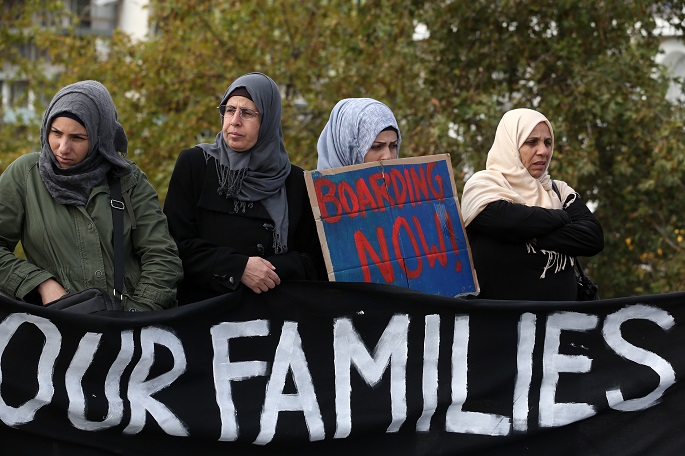Asylum seekers double in Germany over 2 years
Published : 02 Nov 2017, 21:25

The number of migrants seeking humanitarian protection in Germany has more than doubled between 2014 and 2016, according to official figures published on Thursday by the Federal Statistical Office.
The Wiesbaden-based government statisticians measured 1.6 million individuals in 2016, an increase of 851,000 or 113 percent compared to 2014. The figure now accounted for "16 percent of the foreign population" in Germany, a statement by the Federal Statistical Office noted.
The official term "migrants seeking humanitarian protection" encompasses individuals who are currently in the process of applying for asylum, individuals who have either already been recognized as refugees according to the Geneva Convention or have been granted subsidiary protection, as well as foreign nationals who have failed to obtain asylum but remain in Germany.
According to the available data, 872,000 or 54 percent of migrants seeking protection in Germany had been granted some form of humanitarian aid by the government. In most cases, this right to residence was temporarily-limited.
158,000 applications for asylum were rejected. While these individuals were formally duty-bound to leave the country, 75 percent of failed asylum seekers had still been able to postpone their departure from Germany as "officially tolerated" migrants.
The number of individuals awaiting a decision on their application for asylum was put by the Federal Statistical Office at 573,000.
A further 392,000 foreign nationals had to be excluded from the measurements of the government statisticians because their status remained unclear.

